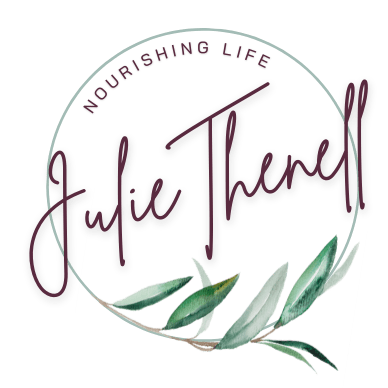Little did I know that writing about trauma would bubble to the top of my episodes list, but it did after this week’s mass shooting in Boulder, CO. While I didn’t know any of the victims, the fact that these individuals were part of my community and in some way connected to friends is heartbreaking. I was safe at home, miles from the tragic incident. Still, I am shaken. It is frightening to think that the simple activity of grocery shopping, one of my happy events, was not safe on a Monday afternoon.
Trauma comes in many forms.
Big-T trauma is caused by specific and deeply disturbing life-changing events. These are often extreme events such as wars, natural disasters, violent crimes, shootings, and serious accidents. The impact to a person can be physical or emotional.
Ltttle-t traumas are highly distressing events that are generally not life-threatening. Rather, they are ego-threatening and can leave a person feeling helpless. Little-t traumas include the loss of a significant relationship, the death of a pet, financial worries, legal trouble, bullying, or an abrupt or extended relocation or separation.
Regardless of the source, there is increasing evidence that trauma of any type gets stored in our cells. When left unresolved, it can cause epigenetic changes that alter the way the mind thinks and how the body functions.
According to Stoecklein, et al. (2012), the immune system responds quickly to trauma by reacting to cell and tissue damage. Following the initial impact, mediators of the innate and adaptive immune systems undergo rapid and temporary changes that elicit either a pro-inflammatory or counter-inflammatory immune response. The deciding factor for which response occurs (pro- or counter-inflammatory) depends on whether or not the body is equipped to repair the damage. Remember, your body wants to be your best friend…to come to your rescue, to help soothe your wounds, to give you the support you need to stay strong and navigate the rough spots in life.
In order for your body to be that best friend, it must have the reserves to do its job. That’s why a multi-faceted approach to immune support is critical…nourishing your body with nutrient-dense foods, stress management, quality sleep, exercise, and nurturing the power of the mind.
The first step to healing from trauma is to identify and acknowledge it. You can’t change what happened, but you can choose to manage what happened and make it a platform for who you become and how you behave in the future.
I can’t change the event that occurred in my community on Monday afternoon, 22-March 2021. But I am taking steps to acknowledge the reality of the event and support myself in ways that are nourishing.
- Mindfulness – This can be in the form of breathing exercises or meditation. Slow, deep breathing calms the mind and signals the brain to slow down. Even a few minutes of sitting in quietness can relieve stress and lower blood pressure.
- Sleep – Primary cellular defense players are fortified during sleep and enhance your immune system’s ability to repair and protect. Along with hydration, sleep is part of the detoxification process that allows cells to rejuvenate.
- Hydration – Water is essential for life. Because the bloodstream is mostly water, and your immune system is highly dependent on the nutrients in the bloodstream, staying hydrated is important for the body’s ability to transport nutrients to all organs in the body.
- Nutrient-dense food – Food is medicine. Consuming a variety of colorful fruits and vegetables along with adequate protein each day promotes cell growth and repair. Each stage of the body’s immune response relies on an abundant and balanced combination of macro- and micronutrients.
If you or someone you know is affected by trauma, reach out for resource options that may be available to you.
For additional ways to support your immune system, follow this link to previous immune support episodes.
Until next time, keep shining your light!

References:
Clancy, C. (n.d.) Big “T” and Little “t” Trauma. JourneyPure At the River. Retrieved March 25, 2021, from https://journeypureriver.com/big-t-little-t-trauma/
Hydration for Immune System. (2020, April 13). Susan Samueli Integrative Health Institute. https://ssihi.uci.edu/tip/hydration-for-immune-system/
Nutrition and Immunity. (n.d.) Harvard T.H. Chan School of Public Health. Retrieved March 25, 2021, from https://www.hsph.harvard.edu/nutritionsource/nutrition-and-immunity/
Polizzi, N. & Shojai, P. (2021, February). Heal your past, transform your life. whole.tv. https://whole.tv/
Stoecklein, V., Osuka, A. & Lederer, J. (2012). Trauma equals danger—damage control by the immune system. U.S. National Library of Medicine National Institutes of Health. https://www.ncbi.nlm.nih.gov/pmc/articles/PMC3427603/#
Young Adult Trauma: ‘Big T” and “little t’. (2020, May 15). Newport Academy. https://www.newportacademy.com/resources/treatment/adolescent-trauma/#




